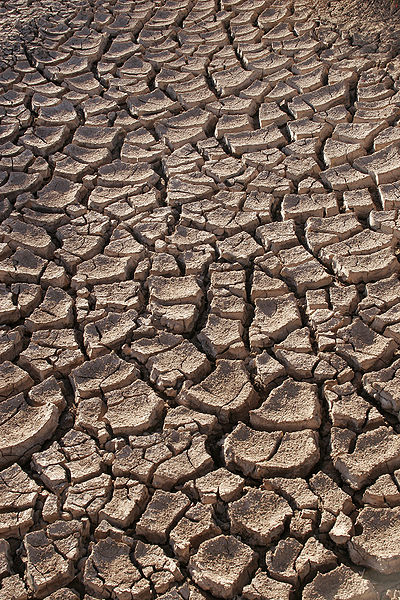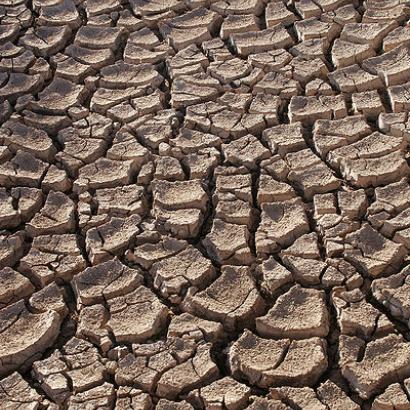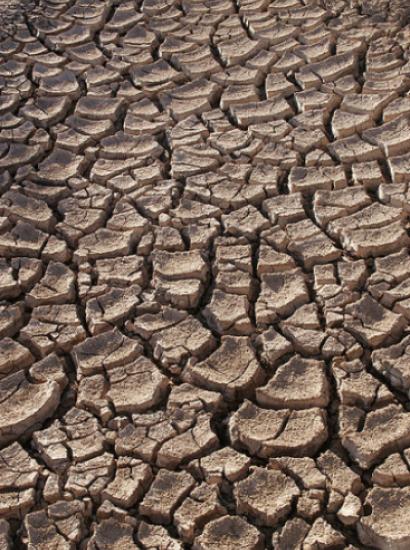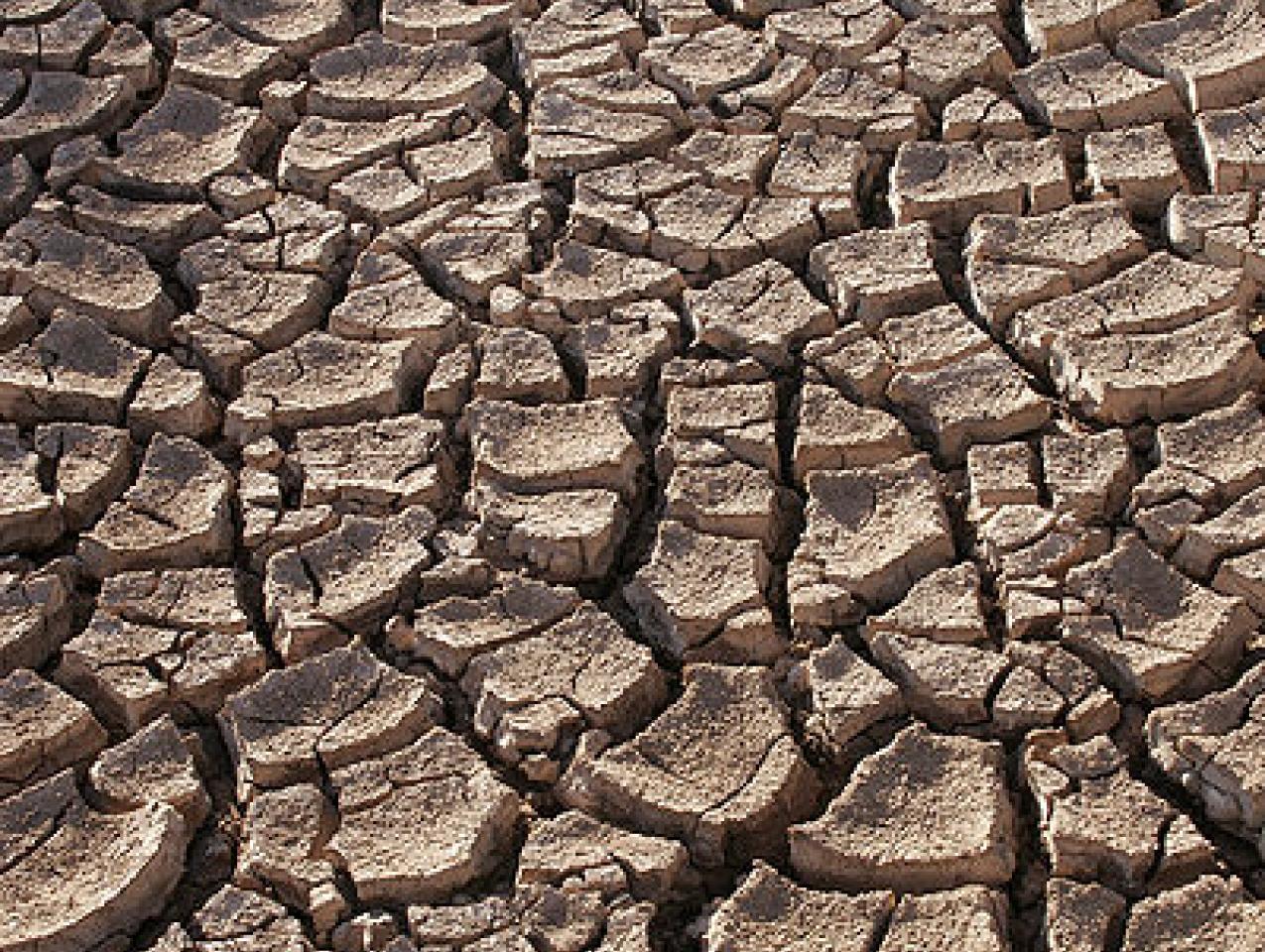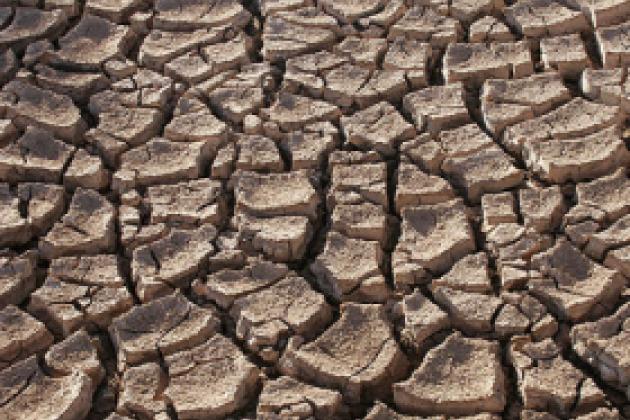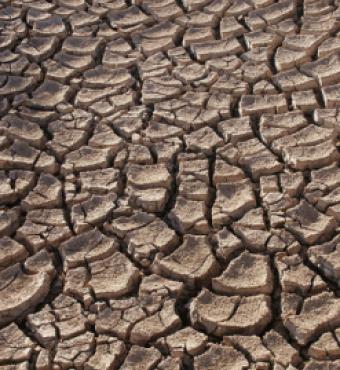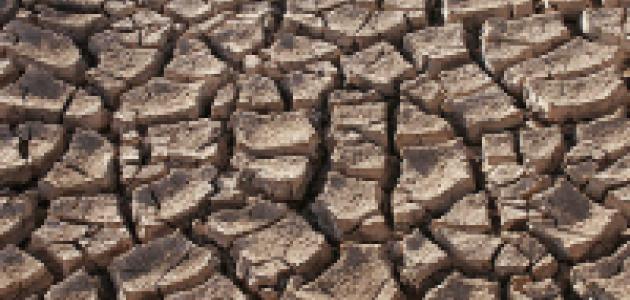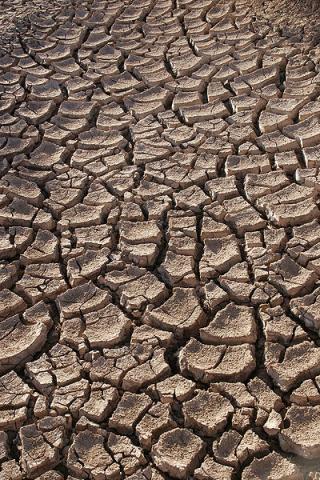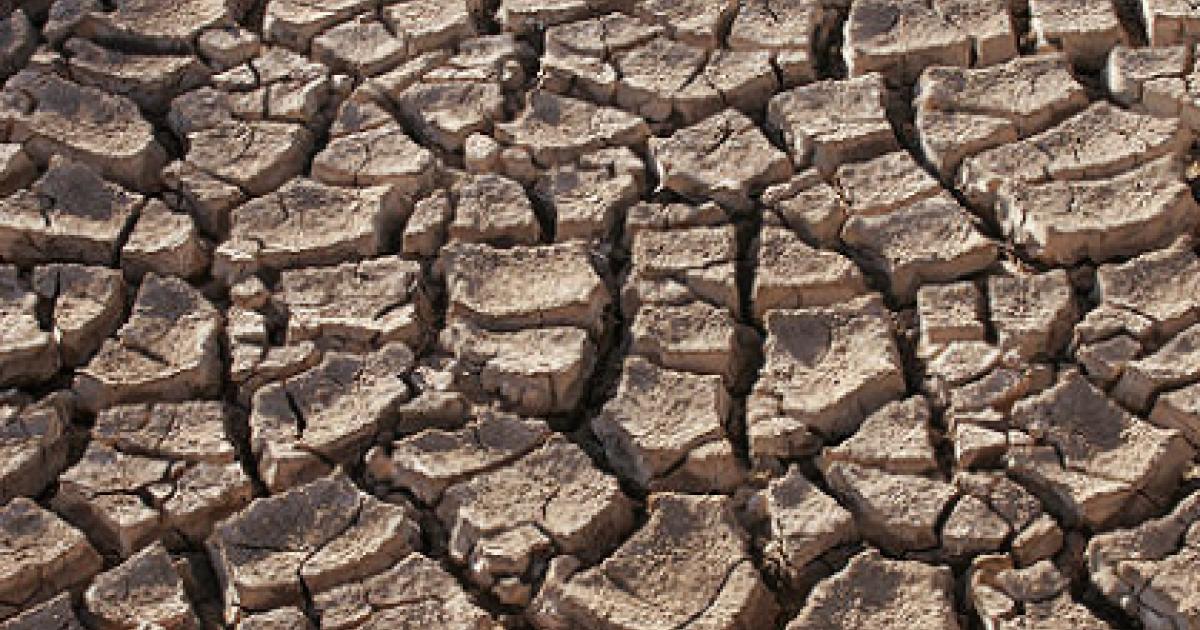- Energy & Environment
- Science & Technology
- Politics, Institutions, and Public Opinion
- State & Local
- California
To respond to the severe drought, we need more science-based, rational agricultural policies. Federal regulators and some localities discriminate against research and development and the cultivation of genetically engineered plants, including those that directly or indirectly conserve water. Four California counties actually prohibit the cultivation of genetically engineered plants.
Genetically engineered crops can be crafted to withstand droughts and to be irrigable with lower-quality (such as brackish) water. For example, a decade ago Egyptian researchers showed that transferring a single gene from barley to wheat allows the wheat to get by with only one-eighth as much irrigation as conventional wheat, surviving on meager rainfall alone. Similar genetic modification has created drought-tolerant corn varieties, and more crops are in the pipeline.
Genetic engineering also conserves water by allowing agricultural production in salty soils. Scientists have enhanced salt tolerance in crops as diverse as tomatoes and canola, and made them irrigable with brackish water, thus conserving fresh water for other uses. Under drought conditions, these sorts of genetic changes can mean the difference between having a harvest and crop failure.
Henry I. Miller, M.D.
Hoover Institution
Stanford, Calif.







